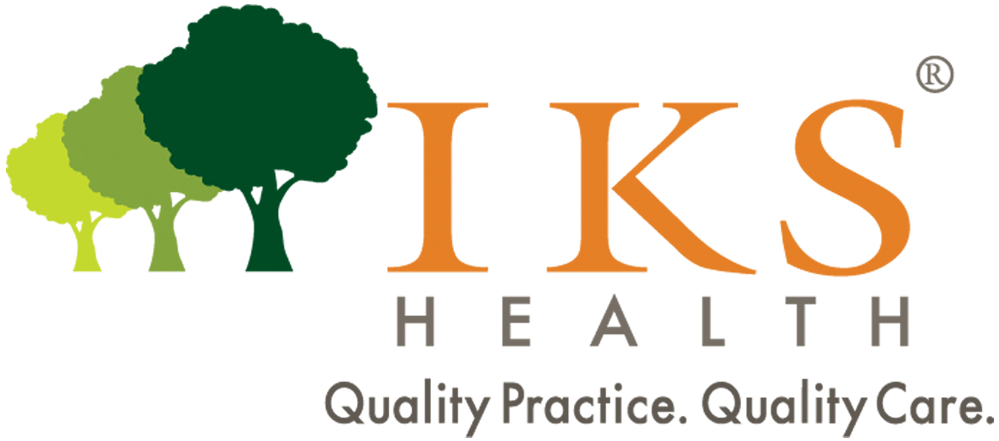
₹ 14619
₹1265- ₹1329
11
₹1900
43

16 Dec 2024
18 Dec 2024
19 Dec 2024
Application Details
The Inventurus Knowledge Solutions IPO is set to open for subscription from December 12, 2024, to December 16, 2024. The IPO has a face value of ₹1 per share and a price band of ₹1,265 to ₹1,329 per share. Investors can bid in lots of 11 shares, requiring a minimum investment of ₹14,619 for one lot, while the maximum investment for retail investors is ₹1,90,047 for 13 lots (143 shares). The total issue size comprises 18,795,510 shares, aggregating up to ₹2,497.92 crore, entirely offered as an Offer for Sale.
The issue follows a Book Built IPO format, and the shares will be listed on both BSE and NSE. Allocation of shares includes not more than 75% of the net offer reserved for Qualified Institutional Buyers (QIBs), not less than 15% for Non-Institutional Investors (NIIs or HNIs), and not less than 10% for retail investors.
Important dates for the IPO include the basis of allotment announcement on December 17, 2024, initiation of refunds and credit of shares to demat accounts on December 18, 2024, and the listing date on December 19, 2024.
About Inventurus Knowledge Solutions Limited
Company Overview
Incorporated on September 5, 2006, Inventurus Knowledge Solutions Limited (IKS Health) is a technology-enabled healthcare solutions provider. The company specializes in delivering a care enablement platform that assists physician enterprises primarily in the United States, along with Canada and Australia. IKS focuses on optimizing healthcare delivery by reducing administrative burdens, enabling providers to focus on superior clinical care, population health improvements, and transitioning to value-based care models.
Services and Solutions
IKS Health offers a wide array of services tailored to meet the needs of outpatient and inpatient care organizations. These include:
- Clinical Support: Helping healthcare organizations enhance the quality and efficiency of patient care.
- Medical Documentation Management: Streamlining documentation processes to reduce the administrative workload.
- Virtual Medical Scribing: Providing real-time scribing solutions to aid physicians in maintaining accurate patient records.
- Technology-Enabled Services: Their digital health platform assists clients in building, maintaining, and managing technology systems. The Unifying Data Platform (UDP) aggregates data from multiple systems like billing and electronic health records (EHR), creating a centralized database for effective decision-making.
FAQ
IPO stands for "Initial Public Offering." It's the process through which a privately-held company becomes publicly traded by offering its shares to the general public and listing them on a stock exchange for trading. This allows the company to raise capital from investors and grants individuals and institutions the opportunity to invest in and own a portion of the company.
The life cycle of an IPO, or Initial Public Offering, begins with a company's decision to go public. It involves hiring underwriters, registering with regulatory authorities, determining the IPO price, marketing to investors, and the subscription period where investors place orders for shares. After allocation and listing, shares become publicly tradable, and the company enters the secondary market. Ongoing reporting and corporate governance are crucial as the company continues to operate as a publicly-traded entity. The IPO aims to raise capital for growth and provides investors with opportunities to trade shares in the company.
An IPO (Initial Public Offering) is when a private company goes public by selling shares to the public. Investors buy these shares, giving them ownership in the company. It's a way for companies to raise capital and expand. The process involves underwriters, regulatory filings, setting the IPO price, and marketing to investors. After the IPO, shares can be traded on a stock exchange. IPOs offer opportunities and risks, so investors should research and consider carefully.
"Upcoming IPOs" refers to initial public offerings that have been announced by private companies but have not yet occurred. These are companies that plan to go public in the near future by issuing shares to the public and listing them on a stock exchange. Investors often keep an eye on upcoming IPOs as they represent opportunities to invest in companies at their early stages of public trading, potentially capturing growth potential. These offerings are typically accompanied by significant media and investor attention as they approach their launch dates.
 Download
Download